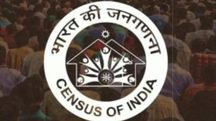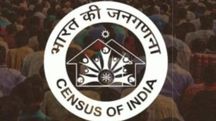Hindu side tells HC Waqf Board, mosque panel failed to provide property documents in Shahi Idgah case
In the ongoing Krishna Janmabhoomi-Shahi Idgah case, the Hindu side argued the absence of key ownership documents from the Sunni Central Waqf Board and the mosque committee. This development adds another layer to the complex legal and communal sentiments surrounding the land dispute.
 Hindu side tells HC Waqf Board, mosque panel failed to provide property documents in Shahi Idgah case
Hindu side tells HC Waqf Board, mosque panel failed to provide property documents in Shahi Idgah caseThe legal battle over the Krishna Janmabhoomi-Shahi Idgah case witnessed the Hindu side presenting compelling arguments before the Allahabad High Court on May 16. Their counsel asserted that crucial documents establishing ownership of the disputed property have not been furnished by either the Sunni Central Waqf Board or the mosque committee.
Highlighting the absence of concrete evidence to support their claim, the Hindu side underscored the glaring deficiency in documentation pertaining to property ownership. Moreover, they pointedly noted the absence of any official electricity connection registered under the names of the Waqf Board or the mosque committee, alleging their unauthorized use of power. To bolster their case, the Hindu side referenced an FIR lodged against the Waqf Board and mosque committee by the electricity department, further implicating them in alleged illegal activities.
These revelations emerged amidst the ongoing legal proceedings surrounding a petition challenging the validity of the Shahi Idgah mosque, which stands adjacent to the revered Krishna Janmabhoomi temple in Mathura. The Hindu side's assertions not only cast doubt on the legitimacy of the Waqf Board and mosque committee's claims but also underscore the complex legal intricacies surrounding the ownership dispute.
The lack of substantive documentation and the alleged unlawful utilization of resources by the opposing parties not only add layers of complexity to the legal battle but also raise fundamental questions about property rights and accountability. As the case unfolds, it serves as a poignant reminder of the intricate interplay between historical narratives, legal frameworks, and communal sentiments in contentious land disputes.
Copyright©2025 Living Media India Limited. For reprint rights: Syndications Today









